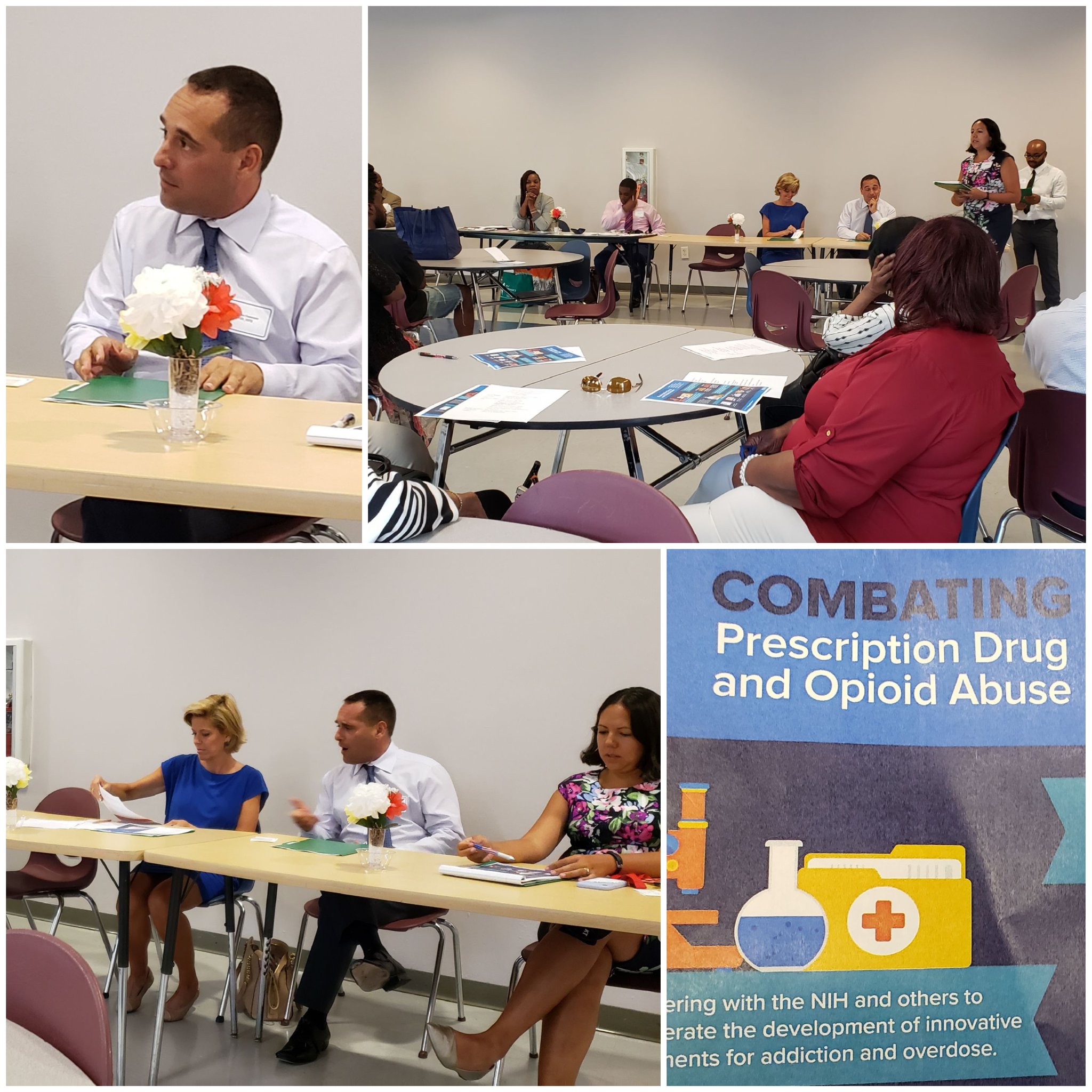Opioid Policies

Much like the rest of the United States, residents of the District of Columbia are struggling with substance use disorder (SUD) rate increases and high rates of opioid-related deaths. Unfortunately, these are multi-faceted issues that require year-long initiatives and systematic programs to address the myriad causes of addiction.
MSDC stands as a partner to the District government and private entities to help arrest the rates of opioid and substance abuse in the District. Through our advocacy for better prescribing practices, education on addiction, and even helping our own community through our Physician Health Program, MSDC is working to make DC a leader in reducing SUD, OUD, and addiction.
On a related note, MSDC is passionate about helping patients make prescriptions and medication more affordable. Whether expanding access to biosimilars or advocating for more affordable co-pays, MSDC wants to help our patients afford the medications they need.
MSDC Statement and Testimony on Opioid and Prescription Issues
25th Council information coming soon
MSDC Applauds Councilmember Cheh and Colleagues for Introducing Prior Authorization Reform Bill
Washington, D.C., February 15, 2022 – The Medical Society of the District of Columbia (MSDC), the largest medical organization in the District representing metropolitan Washington physicians, applauds Councilmember Mary Cheh for introducing B24-0655, the Prior Authorization Reform Amendment Act of 2022, and thanks co-introducers Councilmembers Allen, Bonds, Gray, and Lewis George. MSDC and its allies have fought to streamline prior authorization for ten years. As MSDC member Dr. Angus Worthing said, “This is the tenth anniversary of something that shouldn’t have a tenth anniversary.”
More than forty states have already passed legislation to reform prior authorization, a major impediment to timely patient care that raises the time and cost for treatment. According to the American Medical Association’s (AMA) 2021 nationwide physician survey, 93% of physicians report delays in care due to prior authorization requirements and 82% said prior authorizations can at least sometimes lead to abandoning care. In addition, 34% of physicians report that prior authorizations have led to a serious adverse event for a patient in their care. On average, physicians and their staff spend 13 hours a week (almost two business days) on prior authorizations.
Dr. Kirstiaan Nevin, President of the Medical Society of DC, said “MSDC is grateful to the Councilmembers, especially Councilmember Cheh, who introduced this legislation. Prior authorization is one of the biggest impediments to patient care, and this legislation would allow physicians to treat their patients without unnecessary paperwork and delays. We look forward to working with the Council and partners in passing this important bill.”
Councilmember Cheh’s introduction statement notes that, “prior authorization requirements mean that an insurer is able to overrule the treatment prescribed by a patient’s medical provider – and make that determination without ever seeing the patient or their medical records. While insurers may claim that prior authorization is currently required for only complex procedures, a growing number of basic, everyday treatments require prior authorization.”
# # #
Media Contact:
Pia Duryea
Medical Society of the District of Columbia
duryea@msdc.org
(202) 355-9414
About the Medical Society of the District of Columbia
With over 3,100 members, the Medical Society of the District of Columbia (MSDC) is the largest medical organization representing metropolitan Washington physicians in the District of Columbia. The Medical Society, founded in 1817, is the leading voice of medicine and public health advocate on issues impacting the diverse population of our Nation’s Capital. MSDC is dedicated to ensuring the well-being of physicians and their patients in metropolitan Washington. For more information, visit msdc.org.
Sample of Legislation MSDC Tracked on Opioid and Prescription Policy
What does it do? The bill authorizes licensed pahrmacists to dispense interchangeable biological products and requires notifications to physicians when such interchangeables are dispensed.
MSDC position: MSDC has a position of priority support on this legislation, identifying its passage as one of its highest legislative priorities.
Current status: SUCCESS. The bill was passed by the Council and signed by the Mayor.
What does it do? The bill requires prescription opioid medications to include a statement that the drug is an opioid and opioids may cause dependence, addiction, or overdoes.
MSDC position: MSDC supports the legislation.
Current status: The bill had a hearing before the Committee on Health on July 29, 2020. MSDC leader Dr. Sam Kareff testified for the Medical Society. It passed the Council on November 10 and was signed by the Mayor December 7.
What does it do? The bill prohibits insurance companies from factoring the use of PreP in decisions related to disability, life, or long-term care policies.
MSDC position: MSDC supports this legislation
Current status: The bill was introduced on January 8, 2019 and assigned to the Committee on Business and Economic Development.

Leave a comment